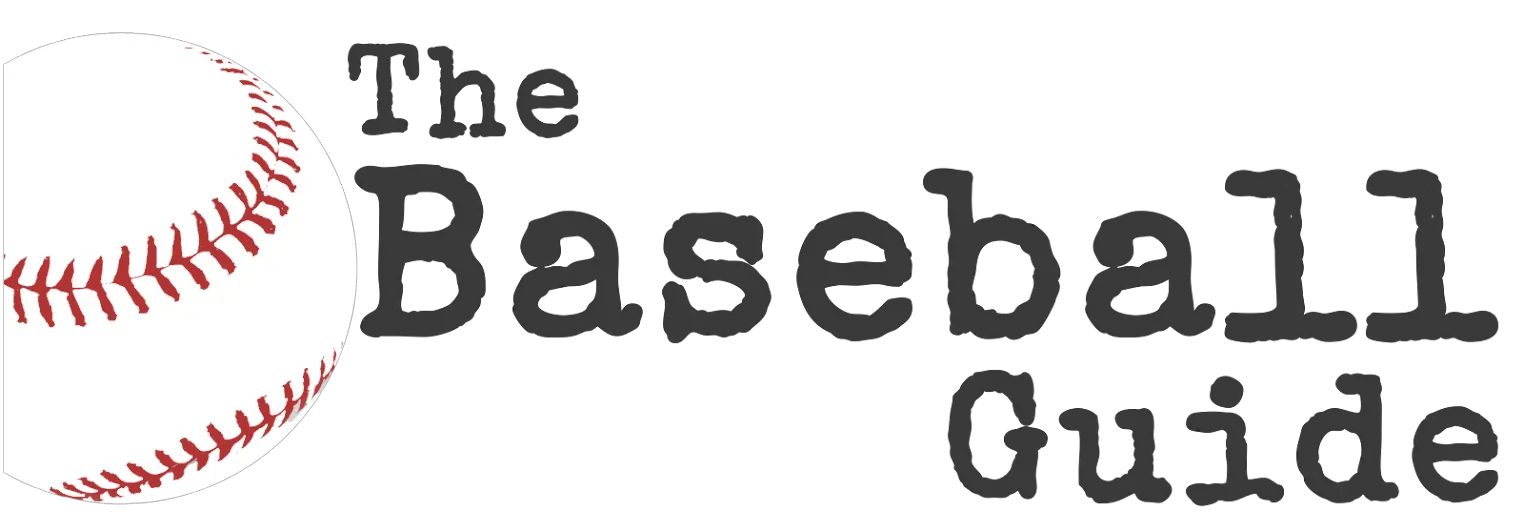In the heart of every baseball game, within the electric atmosphere of bat cracks and crowd roars, a delicate dance unfolds between pitcher and catcher. Yet, sometimes, a misstep occurs leading to runners advancing without a hit or a stolen base. This is where the distinction between passed ball and wild pitch becomes crucial. Let’s explore these baseball mishaps and uncover the key difference between them.
What is a Passed Ball?
A passed ball is charged against the catcher when they fail to hold or control a legally pitched ball that should have been caught with ordinary effort, resulting in a runner or runners advancing. This could happen due to various reasons:
- Misjudging the pitch: The catcher anticipates a fastball but gets a curveball, misjudging the location and missing the ball.
- Poor glove control: The ball slips out of the catcher’s mitt due to a lack of grip or improper handling.
- Blocking error: The catcher attempts to block a pitch in the dirt but fails to control the rebound, allowing the runner to advance.
What is a Wild Pitch?
A wild pitch is charged against the pitcher when they deliver a ball that is so high, so wide, or so low that the catcher cannot stop and control it with ordinary effort, resulting in a runner or runners advancing. Essentially, it’s the pitcher’s fault for throwing a ball that’s too difficult for the catcher to handle. Here are some scenarios:
- Errant pitch: The pitcher throws a fastball that sails way over the catcher’s head.
- Breaking ball gone wild: A curveball or slider breaks more than expected, dipping below the catcher’s reach.
- Ball in the dirt: The pitcher throws a pitch that bounces in the dirt before reaching the catcher, making it difficult to control.
Passed Ball vs Wild Pitch
Both wild pitches and passed balls allow runners to advance without a stolen base, but the key difference lies in who is responsible:
Wild Pitch:
- The pitcher is charged with a wild pitch when they throw a ball that is so high, so low, or so wide that the catcher with ordinary effort cannot stop and control it, allowing at least one runner to advance.
- This means the ball was not where the catcher expected it to be and was difficult to catch even with good effort.
- Examples: fastball that sails high over the catcher’s head, curveball that breaks significantly out of the zone, slider that dives sharply into the dirt.
Passed Ball:
- The catcher is charged with a passed ball when they fail to hold or control a pitch that should have been held with ordinary effort, allowing at least one runner to advance.
- This means the ball was within the expected zone and should have been catchable by a competent catcher.
- Examples: fastball down the middle that slips out of the glove, bouncing curveball that the catcher misjudges, breaking pitch that gets away due to poor framing.
Here’s a table summarizing the key points:
| Feature | Wild Pitch | Passed Ball |
|---|---|---|
| Responsible party | Pitcher | Catcher |
| Pitch location | Erratic, outside catcher’s control | Catcher mishandles a catchable pitch |
| Reason for advance | Difficult to catch due to unexpected location | Catcher mishandles catchable pitch |
Remember, the official scorer makes the final judgment on whether to charge a wild pitch or a passed ball based on their assessment of the pitch location, catcher’s effort, and baserunning situation.
Is a Dropped Third Strike a Wild Pitch or a Passed Ball?
This situation can be tricky. If the catcher misses a catchable third strike and the batter reaches first base, it depends on the official scorer’s judgment:
- Passed Ball: If the scorer believes the catcher should have caught the strike with normal effort, it’s a passed ball.
- Wild Pitch: If the scorer believes the pitch was too difficult to catch, even with good effort, it’s a wild pitch.

